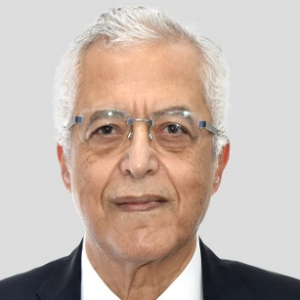Cells Of The Adrenal Cortex
The Adrenal Cortex, a crucial component of the adrenal glands situated on top of the kidneys, consists of three distinct layers: the zona glomerulosa, zona fasciculata, and zona reticularis. Each layer contains specialized cells that synthesize and secrete different hormones. The cells of the zona glomerulosa primarily produce mineralocorticoids, with aldosterone being the principal hormone, crucial for regulating electrolyte balance. Zona fasciculata cells are responsible for synthesizing glucocorticoids, such as cortisol, vital for metabolism, immune response, and stress adaptation. The cells of the zona reticularis contribute to androgen production, including dehydroepiandrosterone (DHEA), which serves as a precursor for sex hormones. Morphologically, the adrenal cortex cells exhibit distinct characteristics reflective of their functions, such as the abundance of smooth endoplasmic reticulum in cells responsible for steroid synthesis. Hormonal secretion is tightly regulated by the hypothalamus-pituitary-adrenal (HPA) axis, where the release of adrenocorticotropic hormone (ACTH) stimulates adrenal cortex cells. Dysregulation of adrenal cortex function can lead to various disorders, including Cushing's syndrome, Addison's disease, and adrenal hyperplasia. The hormones produced by the cells of the adrenal cortex play pivotal roles in maintaining homeostasis, responding to stress, and regulating numerous physiological processes. Understanding the functions of these cells is essential for comprehending endocrine health and addressing disorders associated with adrenal cortex dysfunction. In summary, the cells of the adrenal cortex collectively contribute to hormonal balance, influencing metabolism, electrolyte regulation, and responses to stress and thereby playing a crucial role in overall physiological well-being.

Nagy Habib
Imperial College London, United Kingdom
Lucie Bacakova
Institute of Physiology of the Czech Academy of Sciences, Czech Republic



Title : AI-integrated high-throughput tissue-chip for space-based biomanufacturing applications
Kunal Mitra, Florida Tech, United States
Title : Stem cell technologies to integrate biodesign related tissue engineering within the frame of cell based regenerative medicine: towards the preventive therapeutic and rehabilitative resources and benefits
Sergey Suchkov, N.D. Zelinskii Institute for Organic Chemistry of the Russian Academy of Sciences, Russian Federation
Title : In vitro evaluation of lyophilized Dedifferentiated Fat cells (DFAT) impregnated artificial dermis
Kazutaka Soejima, Nihon University, School of Medicine, Japan
Title :
Nagy Habib, Imperial College London, United Kingdom
Title :
Alexander Seifalian, Nanotechnology & Regenerative Medicine Commercialisation Centre, United Kingdom
Title : The regenerative medicine of the future
Marco Polettini, DVM, Italy